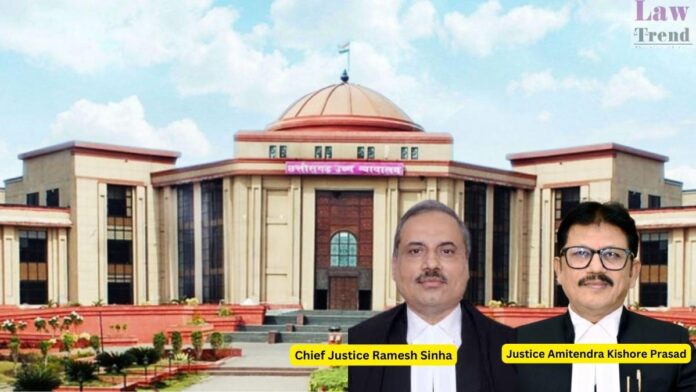In a significant judgment, the Chhattisgarh High Court declared as unconstitutional the bond conditions imposed by the Chhattisgarh State Forest Development Corporation under Rules 149(a) and 149(b) of the M.P. Rajya Van Vikas Nigam Limited Employees Service Regulation, 1984. The court described the rules as “unfair, oppressive, and unconstitutional,” emphasizing their violation of fundamental rights




